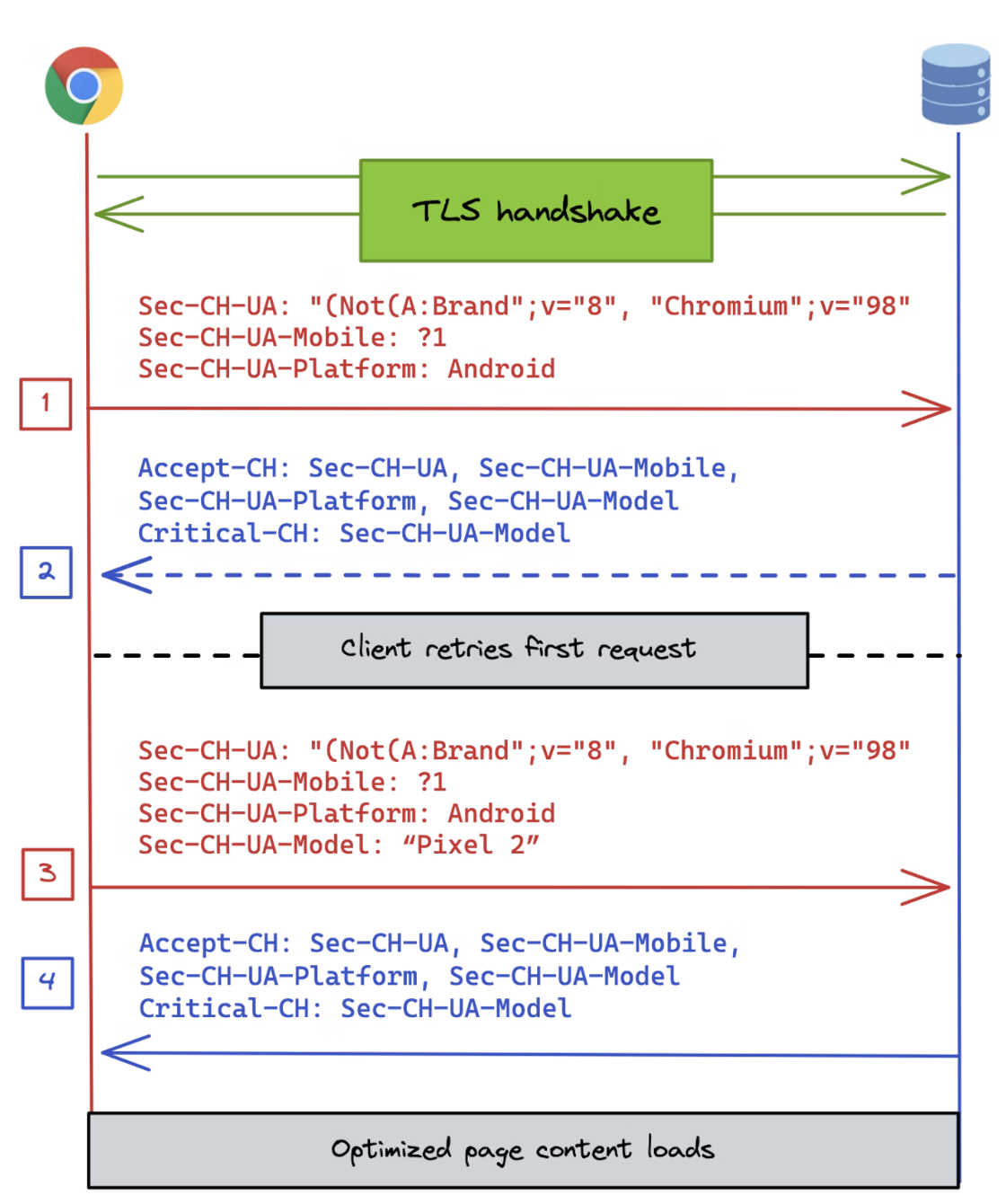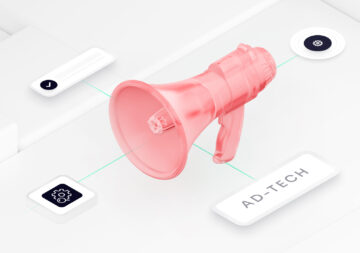Catering to user preferences rarely means catering to marketers’ needs.
And if you’re a regular on Zeropark Blog, then you obviously know how privacy and data management are the pillars of user experience in 2022.
In this context, what does Chrome’s User-Agent string reduction bring to the table? How does Zeropark respond to that?
Read on to learn how Chrome User-Agent changes the modern Internet.
What is User Agent Reduction?
To put it simply, Google – the owner of Chrome – has decided to gradually reduce the amount of information available in the UA string. Starting from the Chrome 101 version of the search engine, the string started to be reduced up until the full launch of the Chrome 113 version. Planned for Q2 2023, it will mark a complete change in Privacy Sandbox, and will be the first Chrome iteration without such extensive online fingerprinting.
For the industry, this means a significant shift in privacy handling and will aid Chrome on a journey to become not only the biggest but also one of the most modern browsers out there.
October 2022 is when websites and developers need to take care of adjusting their services to the new guidelines, as the changes have entered a desktop implementation phase.
Reduction limits the volume and character of data passively shared by users while browsing. For various types of marketers, this means somewhat narrowed possibilities in terms of collecting intel about their potential customers. Therefore, some drops in the quantities of audiences may occur while targeting granularly and narrowly. The same applies to mobile browsers, as UA reduction will become effective there in February 2023.
For a more detailed insight into the technical side of the User-Agent reduction, please see Chrome documentation for developers.

Changes in the workflow of reduced UA
Fortunately, the standard information exchange flow will not be altered drastically. The reduced data availability does not mean that no access to these will be granted. The newly-implemented UA-CH (User-Agent Client-Hints) API will allow websites to request needed data:
- Upon the visitor’s intention, the browser sends the request to have different web pages load for them.
- With this request, the User-Agent header will be contained. After the changes in the UA string will have been implemented, the header will have a reduced string by default.
- Said website can request some additional client hints with a CH response API, but it is only a matter of compliance and policy within the browser to grant it or not.
- If access to requested Client-Hints is granted they will be sent in subsequent requests. Client Hints are only sent over secure connections, so the website must be migrated to HTTPS (source: web.dev)

User-Agent Reduction by platform
UA string reduction is applicable to:
- Linux Operating System,
- Windows,
- Intel Mac OS,
- Chrome,
- Android.
For the time being, Google does not plan to include a reduction on iOS devices and Android WebView for various reasons, one being internal privacy policy guidelines (source: UA Reduction Rollout Plan).
What parameters are reduced from the Chrome UA string?
Although some additional changes could still be implemented, we know that the reduced granularity of what User-Agent tells applies to the header field, navigator.userAgent, navigator.platform JS APIs, and navigator.appVersion.
This means that access to the exact browser version, platform name, OS version, and device type will be available only within UA-CH API through CH request header and navigator.userAgentData.getHighEntropyValues JS APIs (source: Chromium)
Why is Google Chrome UA reduction important?
These changes, although not favored by mainstream marketers, are a direct response to user preferences and expectations. Direct access to granular data strings was a point of concern in terms of the anonymization of web browsers’ online users. That is why User-Agent strings needed retouching and modernization.
This could be treated as the next step on a journey toward safer online spaces – the depreciation of third-party cookies, sealing of data management processes, and now reducing the User-Agent header. Futureproofing of marketing ventures has been highly stressed over the years, therefore performance marketers who handle the cookieless, privacy-oriented environment will have the upper hand in the nearest future.
Zeropark is proud to have its services designed and maintained with audiences’ safety in mind. With extensive compliance processes and filters employed, we provide the safest and most efficient advertising ecosystem for all parties involved.
Łukasz Pośpiech





